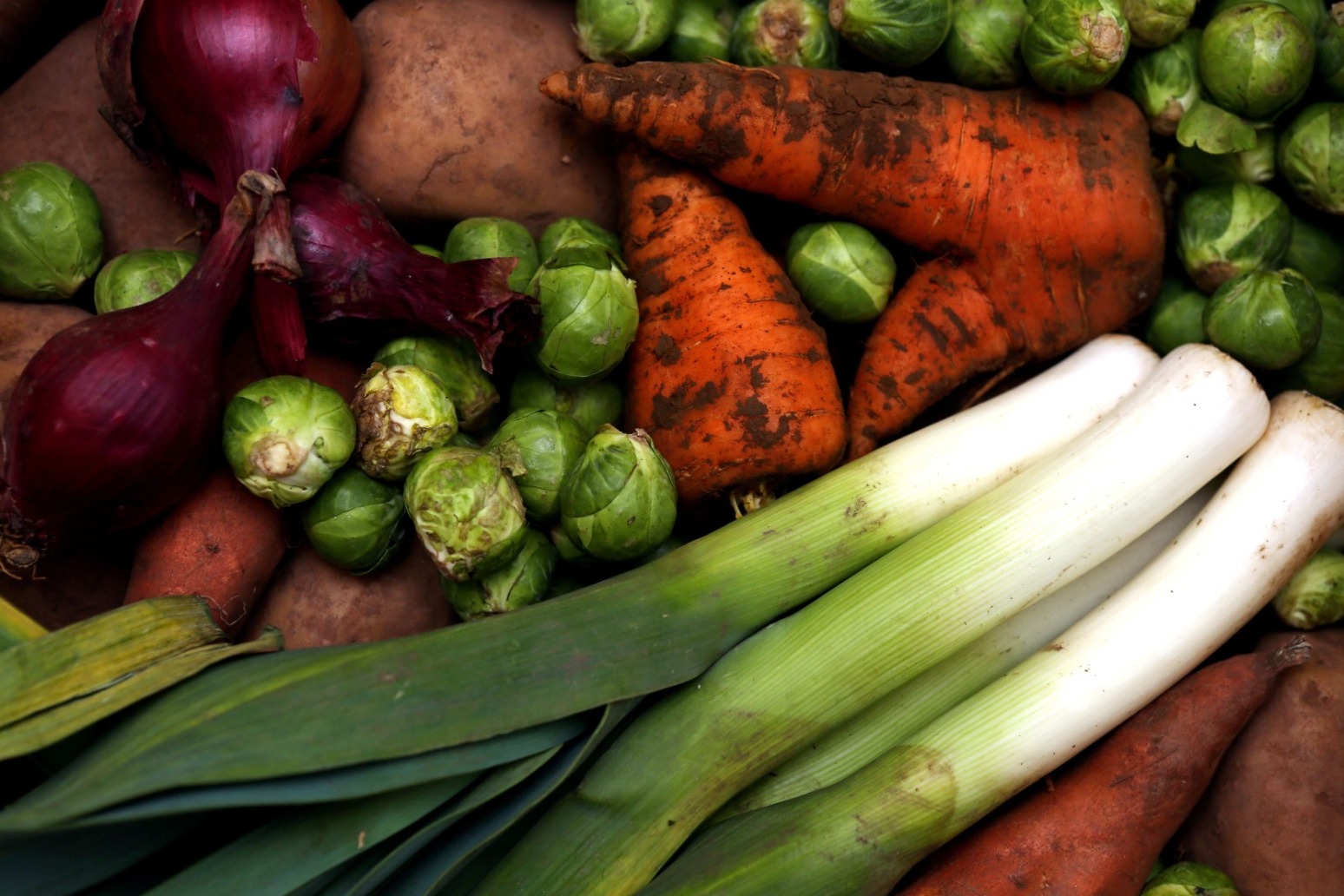This website uses cookies so that we can provide you with the best user experience possible. Cookie information is stored in your browser and performs functions such as recognising you when you return to our website and helping our team to understand which sections of the website you find most interesting and useful.
Vegan diets produce quarter of high meat diets greenhouse gases study
20/07/2023

Vegan diets produce a quarter of the greenhouse gases of high-meat diets, a new study has found.
Researchers from the University of Oxford looking at the eating habits of 55,000 people found meat-free eating to have a much lower environmental impact on land use, water pollution risk, water use and biodiversity loss.
Agriculture is a major source of deforestation and biodiversity loss while around three quarters of ice-free land has been adopted by humans, according to the UN.
The food system is responsible for 70% of the world’s freshwater use and 78% of freshwater pollution and is the second-largest producer of greenhouse gases after energy.
In 2015, the direct and indirect greenhouse gas emissions were around a third of the total emissions for that year, a previous study has found.
Other research has shown that plant-based diets produce fewer greenhouse gases, use less water and are healthier for the body but may not have taken into account how and where that food is produced, the Oxford University team said.
Professor Peter Scarborough, the lead author of the study, which was published in Nature Food, asked 55,000 people in the UK to fill out a questionnaire and categorised them into vegans, vegetarians, pescatarians and high and low-meat eaters.
His team then connected the information with databases estimating the environmental impact of various food to include in the final analysis.
Prof Scarborough said: “Cherry-picking data on high-impact, plant-based food or low-impact meat can obscure the clear relationship between animal-based foods and the environment.
“Our results, which use data from over 38,000 farms in over 100 countries, show that high-meat diets have the biggest impact for many important environmental indicators, including climate change and biodiversity loss.
“Cutting down the amount of meat and dairy in your diet can make a big difference to your dietary footprint.”
Compared to high-meat diets, vegans were found to have a quarter of the environmental impact from greenhouse gases and land use, 27% of the impacts for water pollution, 46% for water use and 34% for biodiversity loss.
Even low-meat diets had lower differences of at least 30% in these categories compared to high-meat.
The Oxford University team said these results mean policymakers should take action to reduce meat production and consumption.
In a Commons committee hearing on food security last week, farming minister Mark Spencer said he would prefer to see meat production made more efficient than to tell people what to eat.
He said agriculture is improving its efficiency by 1% a year and he would like to see genetically-modified cows that emit less methane.
Caroline Lucas, questioning Mr Spencer, said the Government’s disinclination towards encouraging vegetarianism is “perverse”, adding later that it has “double standards” for raising tax on sugar, tobacco and alcohol but not meat.
A Government spokesperson said: “People should make their own decisions around the food they eat.
“Achieving the net zero target is a priority for this Government, and whilst food choices can have an impact on greenhouse gas emissions, well-managed livestock also provide environmental benefits such as supporting biodiversity, protecting the character of the countryside and generating important income for rural communities.”
Nick Palmer, head of UK at Compassion in World Farming, said: “Around 18% of global greenhouse gases come from the production of animal-sourced foods.
“Emissions from farmed animals are more than is emitted from planes, cars and trains combined. Yet even now as we experience record temperatures around the world, politicians appear reluctant to acknowledge the vital, pressing need to significantly reduce our meat and dairy consumption in richer nations to meet climate goals.”
Published: by Radio NewsHub



